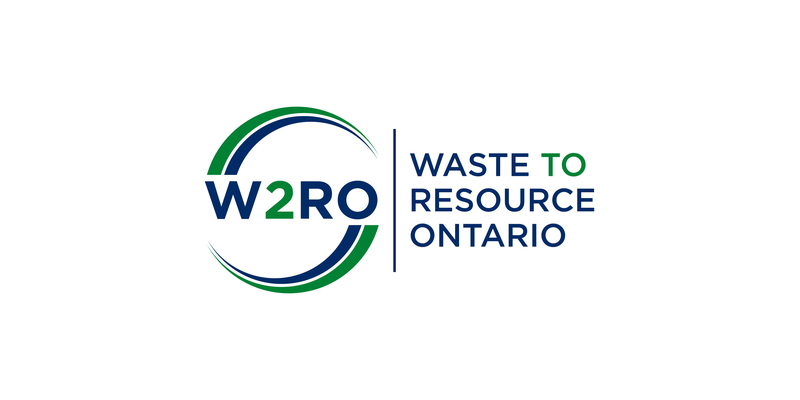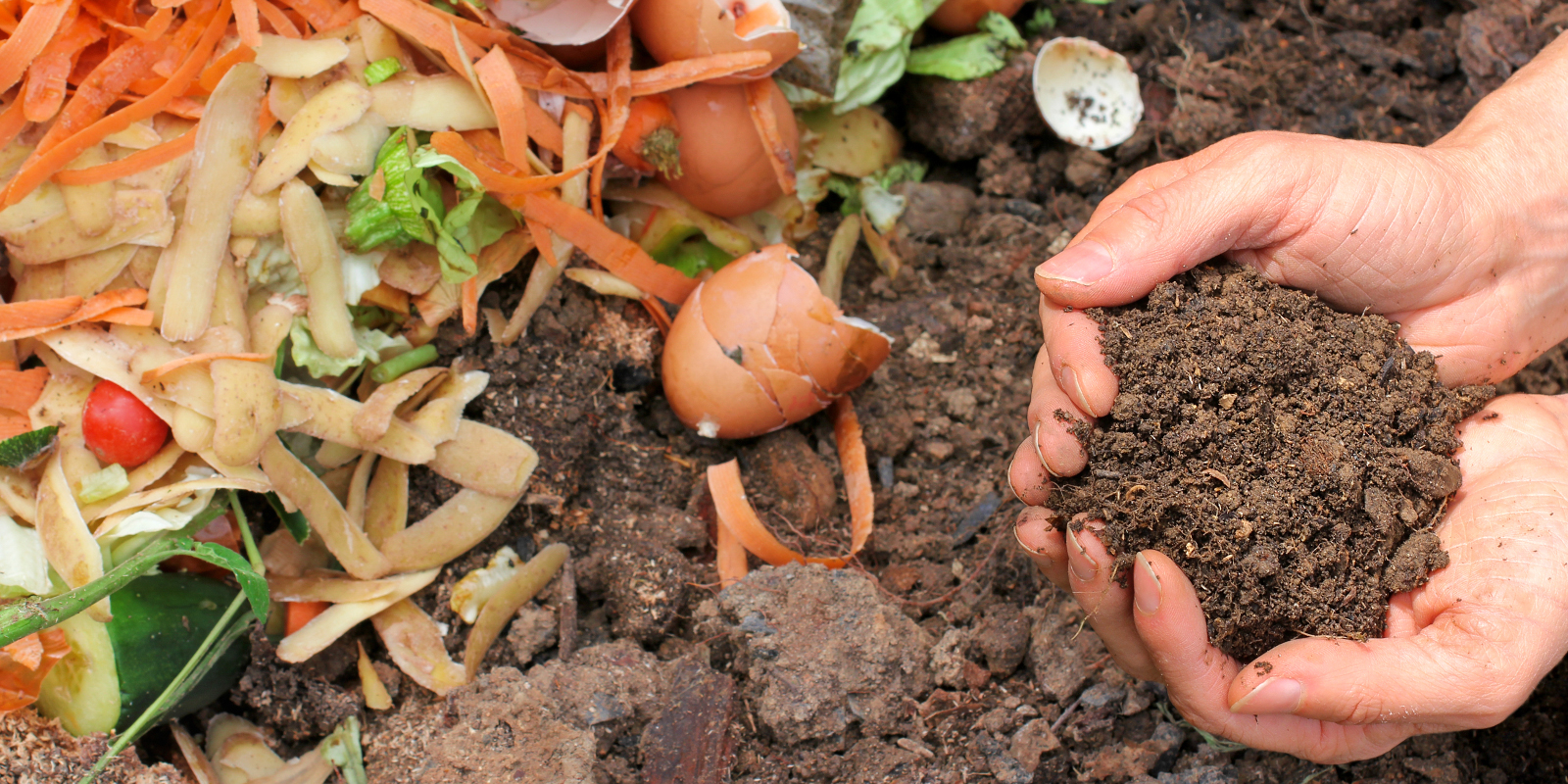-
Food & Organic Waste
Converting organic waste into biogas and compost reduces greenhouse gas emissions and creates sustainable economic growth.
Food & Organic Waste
There is a strong need for action to address organic waste, which is the one of the largest components of our waste stream, totalling over 3.7 million tonnes per year. Food and organic waste diversion strategies should embrace a circular economic approach to organic waste management – one that will generate economic growth, create well-paid jobs and meet environmental objectives.
In-roads have been made over the last decade by our members in substantially increasing the amount of organic waste being reutilized, yet much more work is necessary. This is not about simply diversion from disposal, but driving value and quality from the output of these waste resources to enrich our crops and ensure the prosperity of our environment and economy.
Goals
Like recycling and reuse, the proper processing and use of organics offers tremendous environmental and economic opportunities. From an environmental perspective, using compost as mulch, an amendment to soil, or as potting media can provide a habitat for beneficial soil fauna and microbes, decrease contaminants, improve water retention and conservation, decrease soil erosion and topsoil loss by improving soil structure, and reduce or eliminate the need for chemical fertilizers.
Proper organic waste management can also play a major role in the mitigation of greenhouse gas (GHG) emissions in three key ways:
- Less food waste going to disposal means fewer GHG emissions associated with growing, manufacturing, transporting and disposing of food.
- Diverting organics from disposal avoids potential methane emissions, even if biogas capture systems are in place.
- Using the biogas produced from organic wastes as a source of energy reduces the need for fossil fuel energy sources, such as coal, oil and natural gas.
Recommendations
Read W2RO's comments on the Discussion Paper on Reducing Litter in our Communities - ERO Number 013-4689
- Create a public awareness campaign to support broader public and business understanding of the need to reduce food waste, improve the capture of remaining organic wastes and increase the value of recycled organic products like compost, digestate, soil amendments and fertilizers.
- Encourage highest and best use of organic material through the potential use of disposal bans, disposal levies, and/or extended producer responsibility programs.
- Maximize public procurement for recycled organic residual products by requiring or at a minimum providing preferred purchasing in government projects or activities and identify incentives to increase organic residual management programs at all government agencies and institutions.
- Compostable products and packaging should be kept out of the food and organics waste stream, and the responsibility and onus for managing compostable/digestible products and packaging waste should be squarely on the industry that produces them, and not the waste services sector.
- Restructure the approvals and service delivery processes for organics diversion facilities to reduce complexity and strengthen enforcement while ensuring environmental protection. The province should review regulatory odour limits and their odour management applicability for the waste management sector to ensure a consistent and effective approach.
- Require businesses and public sector organizations to recycle organic materials in a manner that reduces contamination and ensures high quality outputs.
Documents
Learn more about this issue: Rethink Organic Waste: A Circular Strategy for Organic Waste (Oct 2015)
(A joint publication from the W2RO, The Canadian Biogas Association and the Canadian Compost Council.)

